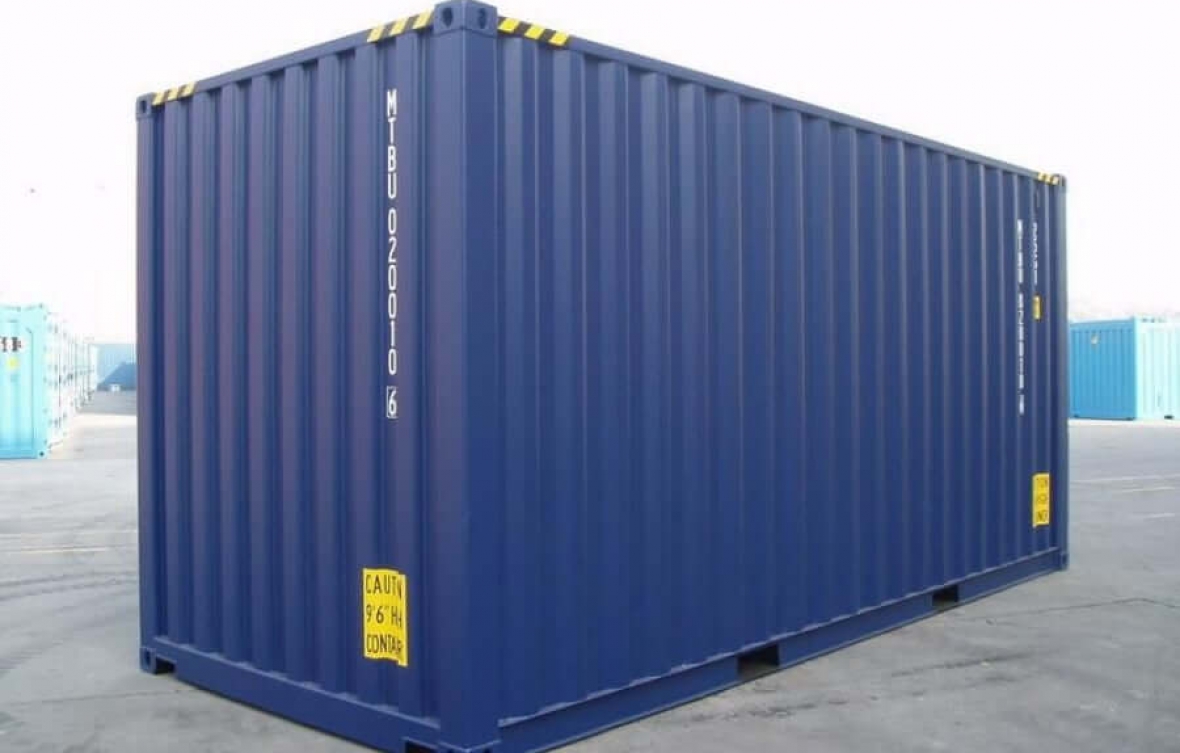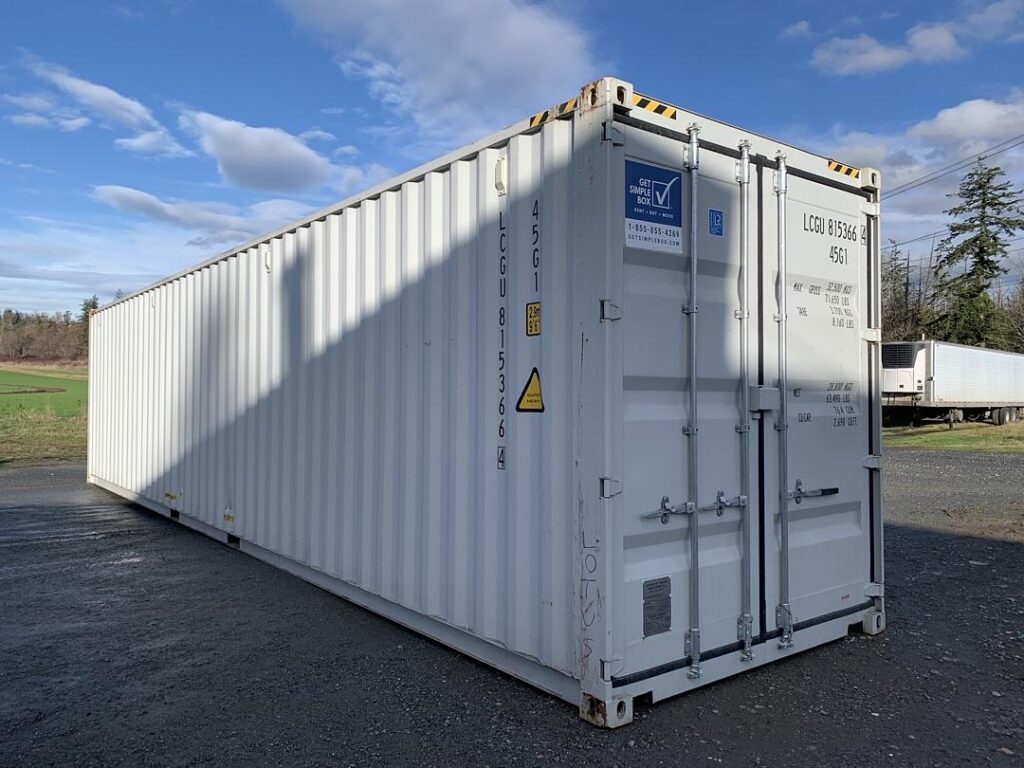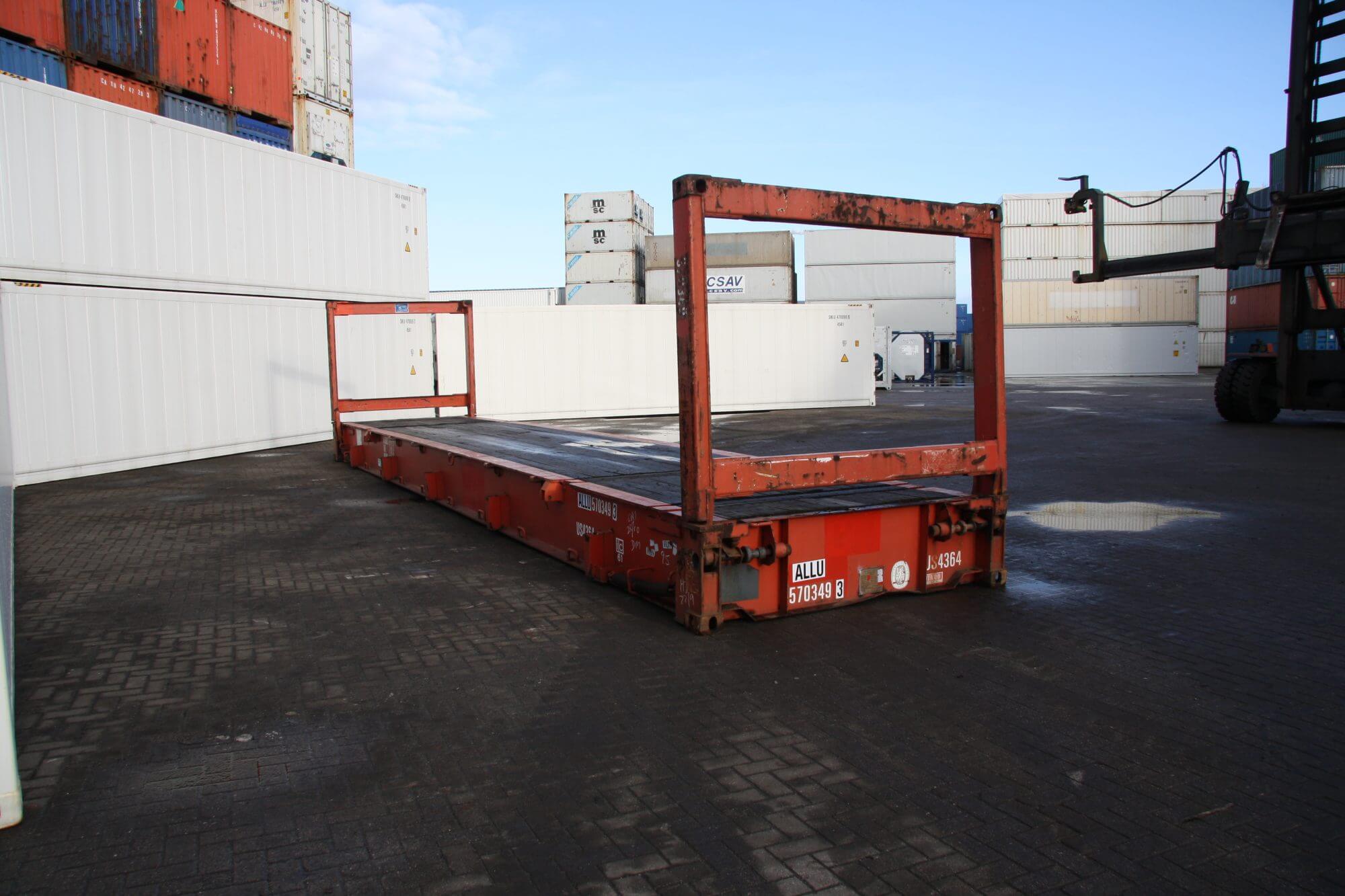STANDARD CONTAINER TYPES AND DIMENSIONS IN INTERNATIONAL TRADE
In global coordination, containers are essential for transporting goods across borders efficiently and securely. Understanding container types and their standard dimensions is crucial for businesses involved in importing and exporting to optimize cargo space, reduce shipping costs, and ensure compliance with international standards.
🚢 What is a Shipping Container?
A shipping container is a standardized metal box used to transport cargo by sea, land, or rail. Designed to withstand harsh environments and facilitate seamless transfer between different modes of transportation, containers come in diverse sizes and types to meet specific shipping needs.
📏 Common Types of Containers and Their Standard Dimensions
Here are the most used container types in international shipping, along with their key specifications:
🔹 20-Foot Dry Container (20GP)
Internal Dimensions: 5.90m x 2.35m x 2.39m
Volume Capacity: ~33.2 CBM
Payload Capacity: ~28,200 kg
Usage: Ideal for heavy cargo such as machinery, metals, and raw materials.

🔹 40-Foot Dry Container (40GP)
Internal Dimensions: 12.03m x 2.35m x 2.39m
Volume Capacity: ~67.7 CBM
Payload Capacity: ~26,700 kg
Usage: Suitable for large volumes of light to medium-weight goods such as furniture, textiles, and electronics.

🔹 40-Foot-High Cube Container (40HC)
External Dimensions: 12.19m (L) x 2.44m (W) x 2.89m (H)Internal Dimensions: 12.03m x 2.35m x 2.69m
Volume Capacity: ~76.4 CBM
Payload Capacity: ~26,500 kg
Usage: Offers more vertical space, ideal for bulky or tall cargo

🔹 45-Foot-High Cube Container
Internal Dimensions: 13.56m x 2.35m x 2.69m
Volume Capacity: ~85.7 CBM
Payload Capacity: ~27,000 kg
Usage: Provides the largest capacity for general cargo—used in shipping large, light goods

🔹 Reefer Container (Refrigerated)
Sizes: Typically, 20ft or 40ftTemperature Range: -25°C to +25°C
Usage: Designed for perishable goods such as fruits, seafood, pharmaceuticals, and frozen products.

🔹 Open Top Container
Usage: Ideal for oversized cargo that cannot be loaded through the standard door, such as machinery, construction equipment, or logs.

🔹 Flat Rack Container
Sizes: 20ft or 40ftUsage: Used for extremely heavy or large cargo like vehicles, generators, and industrial equipment.

✅ Tips for Choosing the Right Container Type
Know your cargo: Dimensions, weight, and sensitivity to temperature or humidity matter.
Optimize volume: Choose a size that minimizes empty space without exceeding weight limits.
Consider loading/unloading conditions: Some types are better for crane-lifted cargo or ground-level access.
Regulations & Documentation: Ensure your container type complies with destination country regulations and shipping line requirements.
📌 Conclusion
Selecting the correct container type and understanding its dimensions can save time, money, and avoid complications during customs clearance. For any import/export business, mastering container specifications is a key step in efficient and effective supply chain management.
If you are looking for expert guidance or a trusted organization partner, Unicorn Logistics offers container shipping solutions tailored to your needs, from standard FCL/LCL to refrigerated and special containers.
📧 Contact us today: Eric@unicornlogs.com | 📞 0907256567 (Mr. Bắc– Sales Manager)









